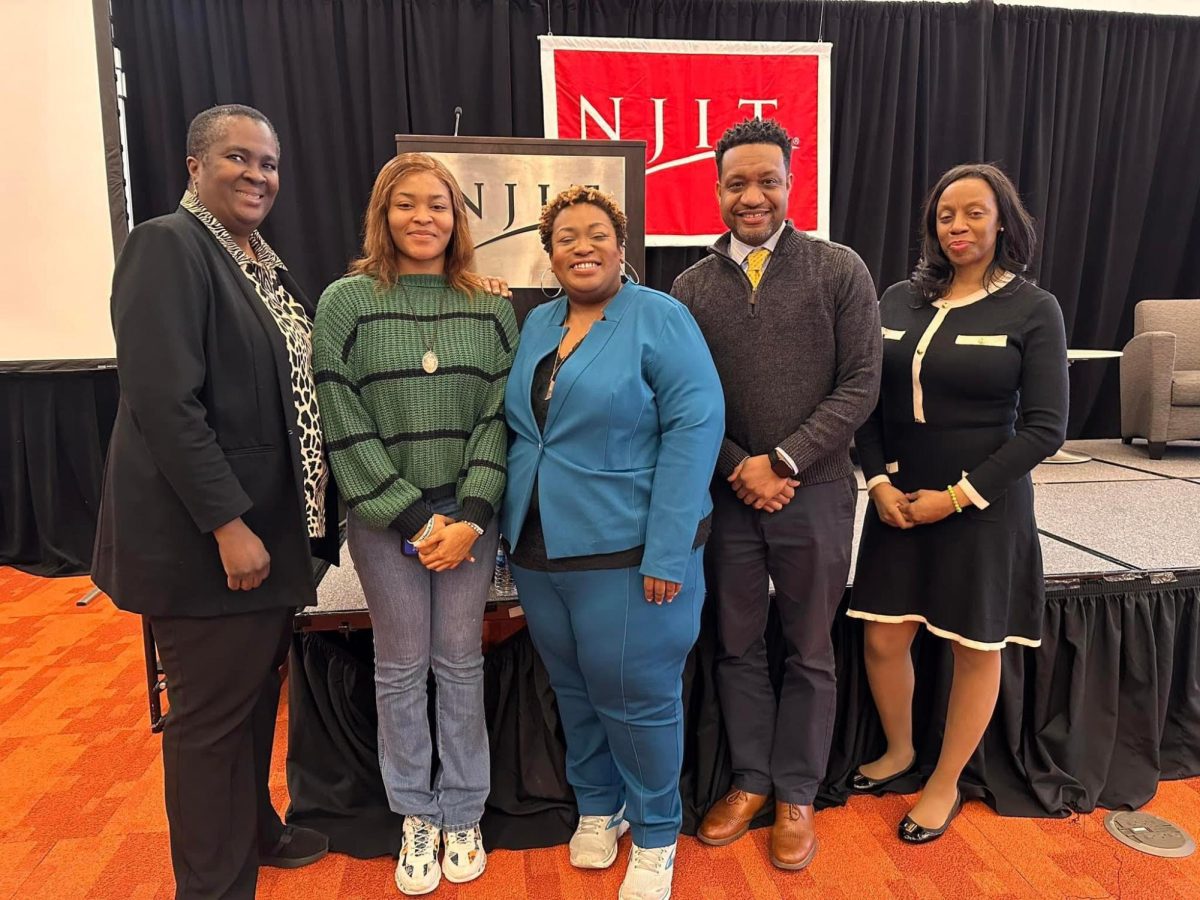Reflecting on Dr. Brittney Cooper’s talk at NJIT, titled “All About Love: A Call to Black Feminism,” one is immediately struck by the depth and urgency of her message. Cooper’s invocation not to merely be content with “being in the room,” but to actively participate in transformative change, resonates profoundly in the context of social justice and feminist praxis. Her emphasis on purposeful action and justice serves as a clarion call to all those committed to dismantling systemic inequalities that pervade our institutions and society at large.
Cooper’s assertion that the “powers that be” resist the empowerment of individuals to affect institutional change underscores a fundamental truth about power dynamics. It’s a reminder that true change requires more than passive presence; it demands active resistance, and the strategic wielding of influence to dismantle entrenched systems of oppression.
Her call to equip people with the necessary tools and training emphasizes the importance of empowerment and trust-building in the fight for justice. It is a powerful acknowledgment that knowledge and skills are crucial for fostering a sense of agency among those who strive to make a difference.
The notion of showing up every day, especially when it’s hard, speaks to the resilience and perseverance required in social justice work. Cooper’s emphasis on the importance of world-building projects highlights the transformative potential of envisioning and creating alternative realities where equity and justice are not just ideals, but lived experiences. This approach not only challenges the status quo, but also offers a blueprint for a more just and equitable society.
Choosing battles wisely, with the aim of minimizing harm to the least number of people, encapsulates a central tenet of ethical activism. Cooper’s guidance here is a nuanced approach to advocacy, recognizing that while the fight for justice is imperative, it must be conducted in a manner that prioritizes the well-being of the most vulnerable. This principle reflects a deep commitment to empathy and compassion, underscoring the talk’s overarching theme of love as a foundational element of black feminism.
Cooper’s “All About Love: A Call to Black Feminism” was more than just a lecture; it was a powerful manifesto for change. It challenged listeners not only to critique the world as it is, but also to engage actively in the creation of a world as it should be.
Her message is a testament to the transformative power of love, purpose, and justice in the ongoing struggle for equality. It serves as a reminder that while the path to change is fraught with challenges, it is through sustained effort, strategic action, and an unwavering commitment to justice that meaningful progress can be achieved.






























